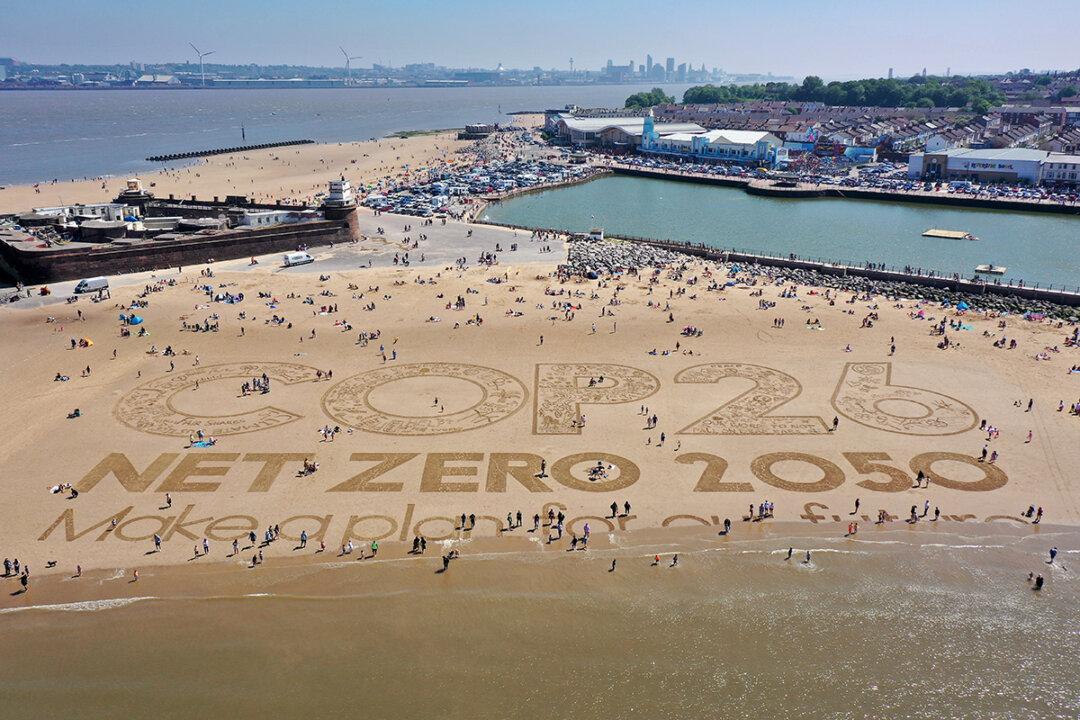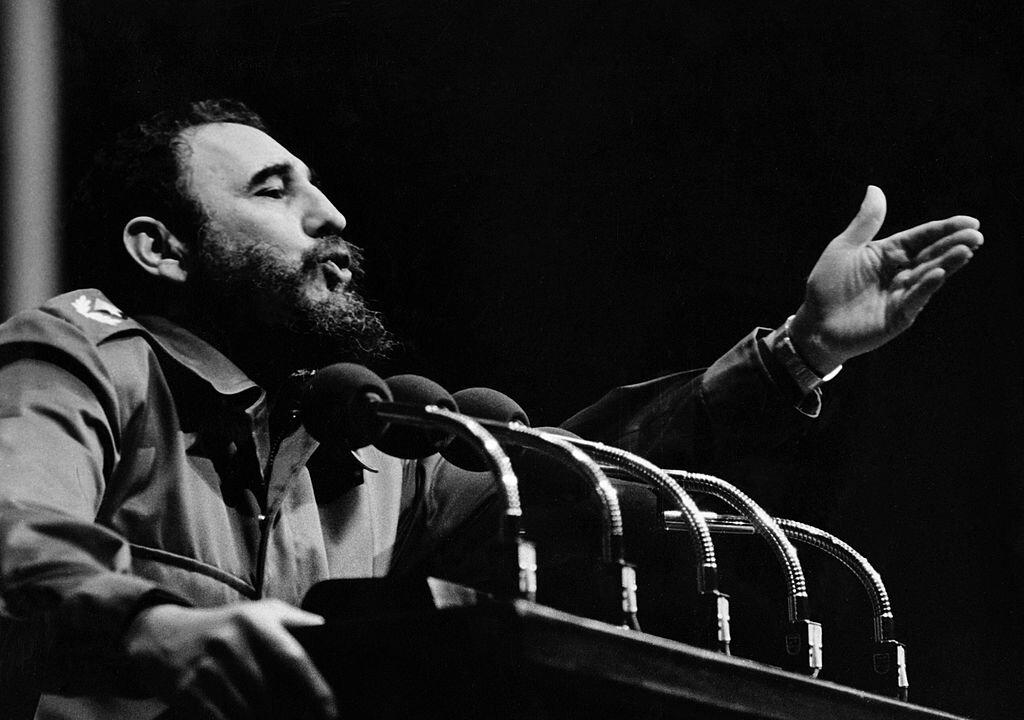Commentary
Canada’s plan for net-zero “greenhouse-gas emissions” by 2050 will come home to roost. Grandstanding has consequences, and in Bill C-12 we are witnessing the legislation to give it teeth. The demonized energy sector appears impotent to resist this attack and is outwardly embracing the idea, presumably to placate regulators and the woke mob.





